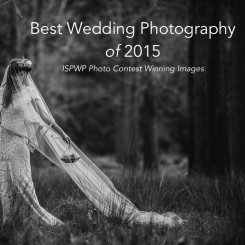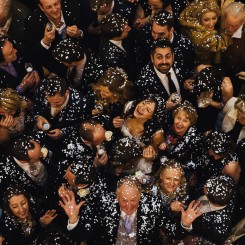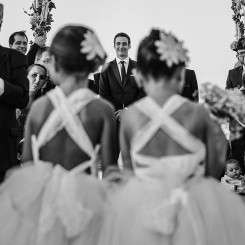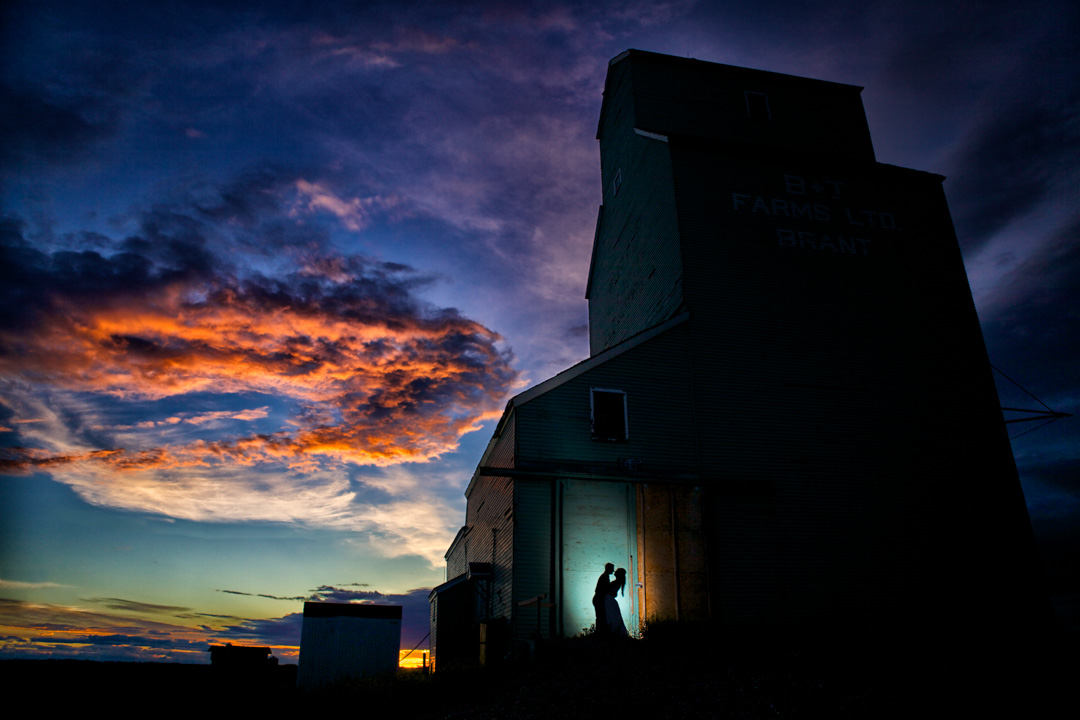Can I Get The Copyright To My Wedding Photos?
Posted by Admin on August 30th 2017
An Engaged Couple’s Guide to Understanding Copyright in the United States
If you are engaged and looking for a professional wedding photographer, you may be confused over the term “copyright” when it comes to digital files (or negatives, if your photographer shoots film). Most couples want to have the digital files or negatives so that they can reproduce and archive the photos. With digital knowledge and consumer editing software being more prevalent now, most photographers have adapted and make the digital files or negatives available to their clients.
Let’s unwrap what it means to receive the digital files vs. owning the copyright to them. The copyright law of the United States (Title 17, United States Code) was passed to ensure that photographers and other artists are protected by granting them the exclusive right to distribute, copy, edit and publish their photography by license, transfer or sale. These exclusive rights are subject to a time limit and expire 70 years after the maker’s death. In simpler terms, the photographer automatically owns the wedding images under copyright law because they created them. Nobody else may profit from the images except the photographer who created them.
What? So How Can I get my Digital Files?
Most wedding photographers grant "rights to reproduce" for clients. What this means is that while they still hold the copyright, they have given their clients the rights to make copies for their PERSONAL use. By granting “rights to reproduce”, this means that you can make copies of your wedding photos for your family and give them away to them and you are not violating any copyright laws.
Violations of the Copyright
It is a violation of copyright if you attempt to sell your wedding photos and make money from your photographer’s work. For example, you cannot put your wedding photos online and have people pay you to make copies. You cannot sell a wedding image to a stock photography company so they can use it in picture frames in a store or in an advertisement. Some photographers also have limitations on how you use the photos on social media and will require a watermark or link back to their site.
You Probably Don't Want Copyright, But If You Do...
It is very rare for clients to obtain the full copyright to their wedding images. Some photographers will sell copyright rights to you, but be prepared to pay a hefty price. Think of it like buying an original work of art that cannot be reproduced. If there is a reason that you want complete ownership and a copyright transfer of your wedding digital files or negatives, be sure to mention this up front when you begin to interview wedding photographers.
Read your Contract Before You Sign!
Make sure that your wedding photographer addresses how they handle rights to reproduce before you hire them. They may have certain stipulations such as file size restrictions (meaning you can only print smaller photos) or waiting a certain amount of time before the digital files or negatives are released to you. Making sure you are all on the same page will avoid any disappointment after the wedding.
The ISPWP has a complete directory of qualified professional wedding photographers from the United States and around the world with excellent reputations. Find your ISPWP wedding photographer here.
(Photo by Sunny Parmar - Edmonton, Alberta)
Other posts you might like :

Best Wedding Photography Of 2015 – ISPWP 1st Place Contest Winning Images

ISPWP Spring 2021 Wedding Photography Contest First Time Winner Awards

When Wedding Photos Go Wrong; How an Experienced Photographer Can Save the Day

ISPWP Winter 2024 Wedding Photography Contest Results

Judge's Choice - Favorite ISPWP Wedding Photo Contest Images From Judge Mark Wallis

